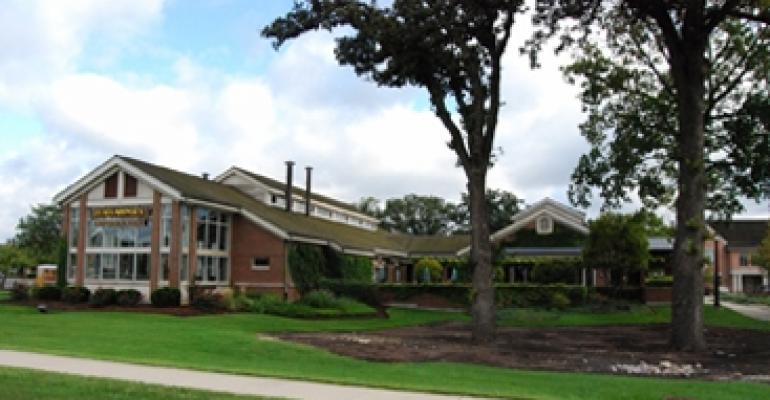
The nation’s heartland provides an abundance of distressed buying opportunities. Just ask the principal of Baceline Investments LLC, a Denver-based private equity real estate investment management company with holdings in the Midwest, Rocky Mountain and Southwestern states.
Since November, Baceline has purchased Village Green Shopping Center, a 121,000 sq. ft. office and retail center in Lincolnshire, Ill.; Lamar Gateway Shopping Center, a mixed-use retail and office center in Austin, Texas; and Dixie Valley Shopping Center, a 119,000 sq. ft. retail center in Louisville, Ky.
This latest round of acquisitions by Baceline follows its January 2010 purchase of Western Avenue Plaza, a distressed multi-tenant neighborhood retail center in South Bend, Ind. The property, which was acquired from an undisclosed lender, had been in foreclosure.
All totaled, the company has closed six real estate deals over the past year, including four since September 2010. Baceline expects to close another transaction this month in Texas.
“We continue to be active and have found great value in the heartland,” says David Puchi, principal of Baceline Investments. “We are seeing inherent value available at discounted prices.”
Savvy investor
Baceline has shown a keen ability to turn a profit. In January 2010, the company acquired University Commons, a 100,000 sq. ft. multi-tenant retail center in South Bend near the University of Notre Dame, for $1.8 million. The property had been in foreclosure and was sold by the same undisclosed lender.
Baceline turned around and sold University Commons eight months later for $4.9 million. The property was converted to medical office after Baceline sold the center, and the company designed the renovation for the new buyer.
In December 2010, Baceline paid Citigroup Inc. $12 million for the Green Village center in Lincolnshire, Ill., a retail and office complex anchored by a Flatlander’s microbrew restaurant, according to Crain’s Chicago. The $12 million price tag was approximately 40% of the property’s previous value. The center was built in 1996 and was less than 70% occupied at the time of sale.
Avoiding the herd mentality
Baceline favors neighborhood retail and industrial properties in vibrant but stable areas. The company purposely avoids the coastal markets that most other real estate investors are flocking to today. Once it purchases a well-located property, Baceline manages the asset in a sustainable manner, improving both durability and operating efficiency.
Current trends in the national real estate market have created an interesting phenomenon, observes Puchi. “The general feeling is that the massive institutional players in the commercial real estate market are chasing very few investment properties in gateway cities on the coasts.
With the majority of investment capital seeking property almost solely on the East and West Coast, they are finding a high barrier to entry because of the scarcity premium in those geographical markets.”
Rather than “lose out” on purchasing an overpriced property in a coastal market, Baceline’s strategy is to put capital to work in secondary markets where there is much less competition.
Although the size of the acquisitions is generally smaller than the commercial real estate product available for sale on the coasts, Puchi sees a steady pipeline of opportunity for the foreseeable future.
“We continue to see great opportunity in vibrant communities, many near centers of higher education like Louisville, Austin, and South Bend,” says Puchi.
Baceline either pays all cash to acquire commercial properties obtains low-leverage loans. Puchi believes that Baceline’s debt-adverse strategy coupled with an increasing supply of properties coming onto the market in the midsection of the U.S. uniquely position the company for more distress-buying opportunities.

